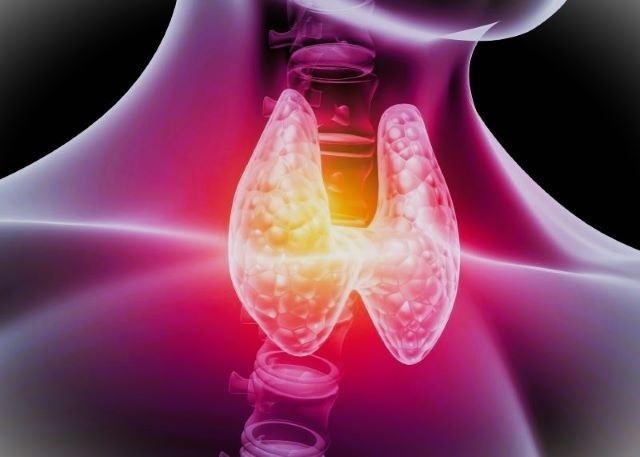Shingles: The Painful Virus That Can Complicate Your Life

Shingles, also known as herpes zoster, is a viral infection caused by the reactivation of the Varicella Zoster virus, which also causes chickenpox. After a person has chickenpox, the virus remains dormant in the body, hiding in nerve tissues near the spine and brain. Shingles occur when this virus is reactivated, most often in older adults or individuals with weakened immune systems.









